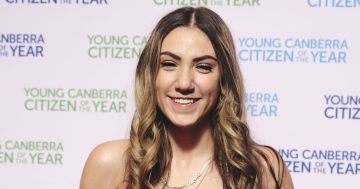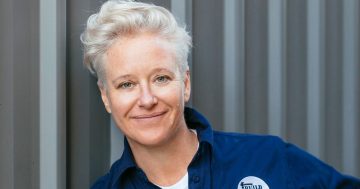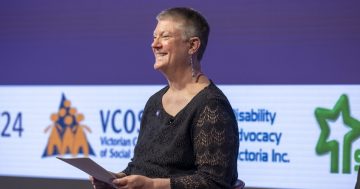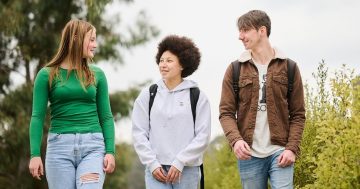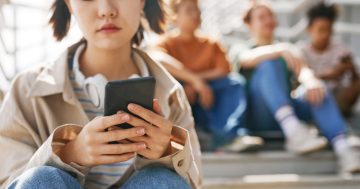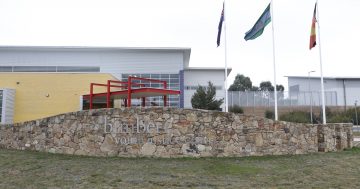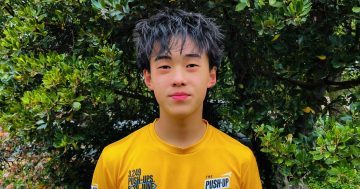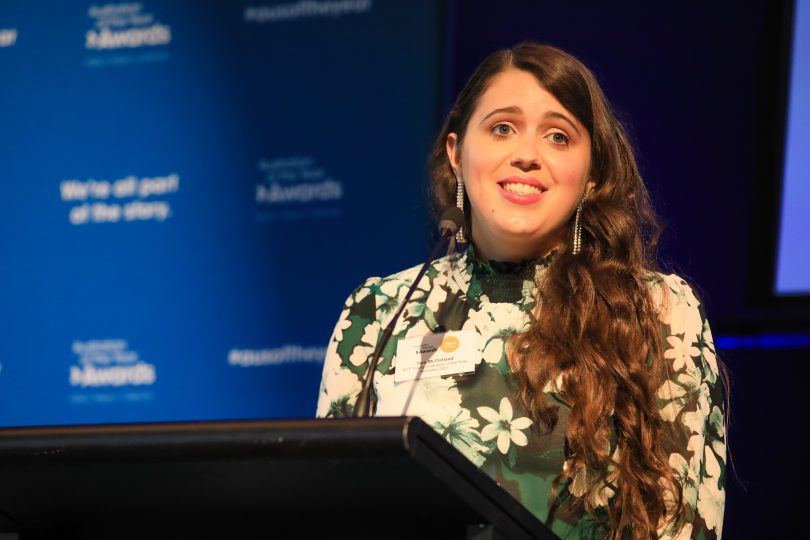
The 2021 ACT Young Australian of the Year Tara McClelland says young people need a bigger say in the policies that affect them. Photo: Salty Dingo.
There needs to be a more robust system to catch young people struggling with mental health issues so they can reach out before they hit rock bottom, the 2021 ACT Young Australian of the Year Tara McClelland says.
The comments come in light of revelations that close to a quarter of young people in the ACT had been treated unfairly. Almost half of the unfair treatment was because of their gender while a quarter was around mental health, data from Mission Australia found.
More than a third of young people were extremely or very concerned about coping with stress, 28 per cent were extremely or very concerned about mental health and 30 per cent were stressed either all or most of the time, the report found.
“We need a better system in place to catch young people when they are struggling and in a dark place and they do reach out, that is the point which we can help them, we do not want them to reach rock bottom,” Ms McClelland said.
“If a service has a waitlist of six months that is an obvious sign that we need more services, funding and workers. The ACT does a good job but it can do better. We are getting there slowly but we do have a long way to go”
The heightened fear and anxiety induced by the pandemic is something Ms McClelland experienced first hand in her role as a Youth Worker at the Salvation Army and a youth reference group member at Headspace.
Social services like Lifeline Canberra bore the brunt of the increased anxiety, experiencing a 130 per cent rise in crisis calls regarding suicide, child safety and domestic violence requiring emergency intervention in the year to July.
The introduction of social distancing and lockdowns led to a monumental shift towards telehealth in Australia and a large amount of funding flow to organisations such as Lifeline and Headspace to deal with the influx of demand because of COVID-19.
But it also provided new insight on best practice methods to help address the rising mental health issues in Canberra.
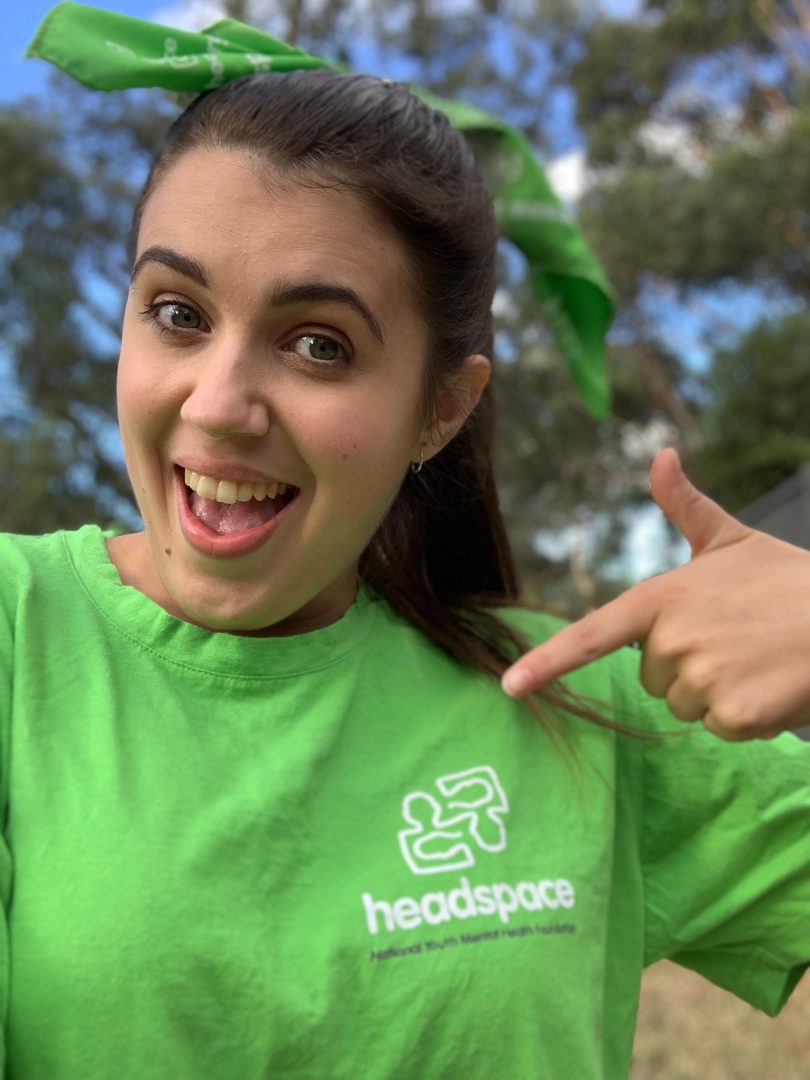
Volunteering for Headspace, Tara McClelland has witnessed the impact of the pandemic on young people first hand. Photo: Supplied.
“One positive from a mental health perspective is that a lot of services were forced into going online, which in a way is beneficial for young people,” she said.
“At Headspace, we went online. We started running virtual events, online movie and game nights, and they were really good. It reached more young people as having it online makes it more accessible and broadens it to people you might not have reached.
“That is something that we do need to utilise going forward. It is having the option for young people to ask what they feel more comfortable with.”
It is no secret that young people have been one of the most disproportionately affected by the social and economic ramifications of the pandemic from high youth unemployment and underemployment to less secure jobs in a more casualised workforce.
And when it comes to the economic recovery that the ACT and Australia are trying to navigate their way through, now is the time to embed the opinions and voices of young people in the decision making and policy process, especially when it comes to issues the disproportionately impact them, Ms McClelland said.
“We have to listen to young people because we are the ones who do not have a stigma around mental health, broadly speaking, and that is who we need to lead by example,” she said.
“Turn to us.”
From calls to permanently raise the JobSeeker rate (formerly NewStart) to more Medicare subsidies for telehealth and mental health services, greater diversity is needed to better represent youth interests.
“Why are young people on the sidelines? We need to be listening to them, we need to be letting young people have a say [including] having more young people on boards.”

The voice of young people is heard through protest, Tara McClelland said. Photo: Supplied.
Despite the impact of COVID-19, 57 per cent of young people in the ACT said they felt positive or very positive about the future.
From taking to the streets rallying for climate justice and for Black Lives Matter to social media campaigns that take over, young people are already showing how powerful and impactful their voices can be and now is the time to carry this momentum forward, Ms McClelland said.
“We hear their voices, we see them on the streets – young people are loud and making noise but we need to take action on it,” she said. “The power of youth is undervalued. I really want to bring it to the spotlight and bring young people to the forefront.”
If you or anyone you know needs counselling support, call Lifeline on 13 11 14.












